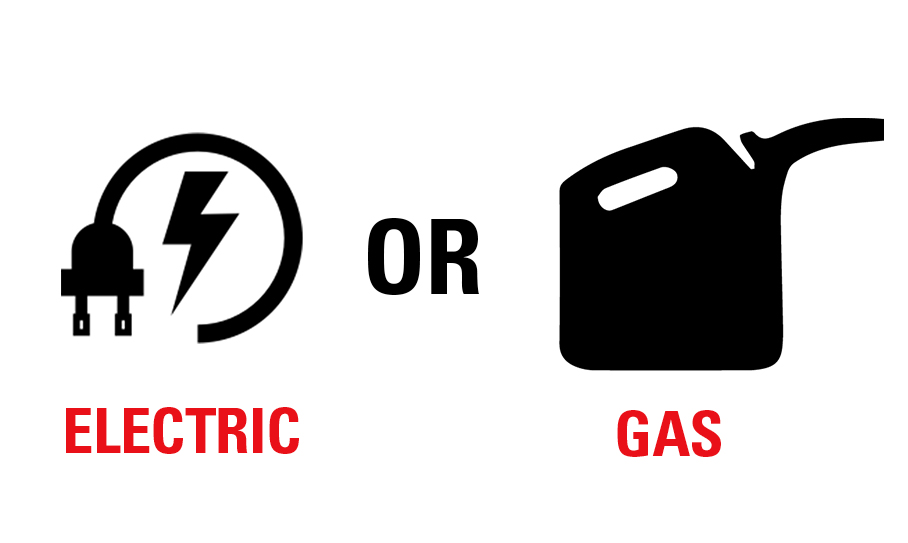Many options are open to you when it comes to purchasing a pressure washer. Before you decide on what size and type of pressure washer you need, let’s look at how they work and how you will be using them.
No matter the driving source, pressure washers work on the same principle: a pump pushes water to the nozzle that creates high pressure. That high pressure, when emitted from the nozzle, gives you the ability to effortlessly remove dirt and grim.
Electric pressure washers are great for basic homeowner needs car washing, cleaning patios, sidewalks, and small driveways with normal levels of dirt and grim. Gasoline pressure washers can perform the tasks just mentioned while tackling larger projects: spacious driveways, decks, siding, and fences. They also have a greater range, meaning if you have a large lot with limited access to electricity, a gasoline unit may be the best option.
Pros and cons of electric-powered pressure washers.
Pros:
Lower cost
Less maintenance
Easy to store
Cons:
Lower range of pressure output with a lower GPM (gallons per minute)
Needs to be used close to electrical receptacles
Pros and cons of gasoline-powered pressure washers.
Pros:
Greater range of use
Higher pressure output at a higher GPM (gallons per minute)
Cons:
More maintenance (oil changes, fresh fuel, etc.)
Heavier with a bulkier footprint
